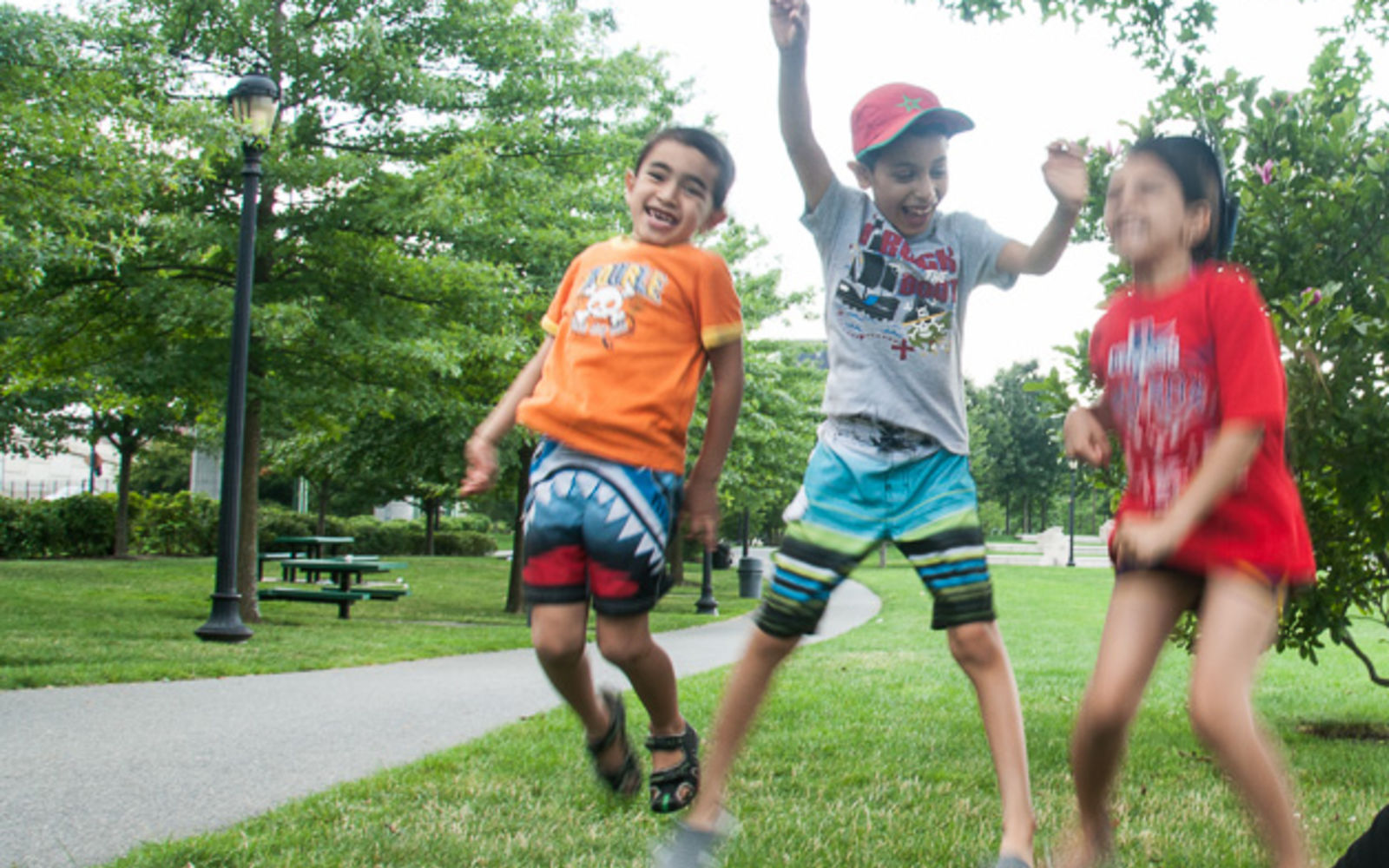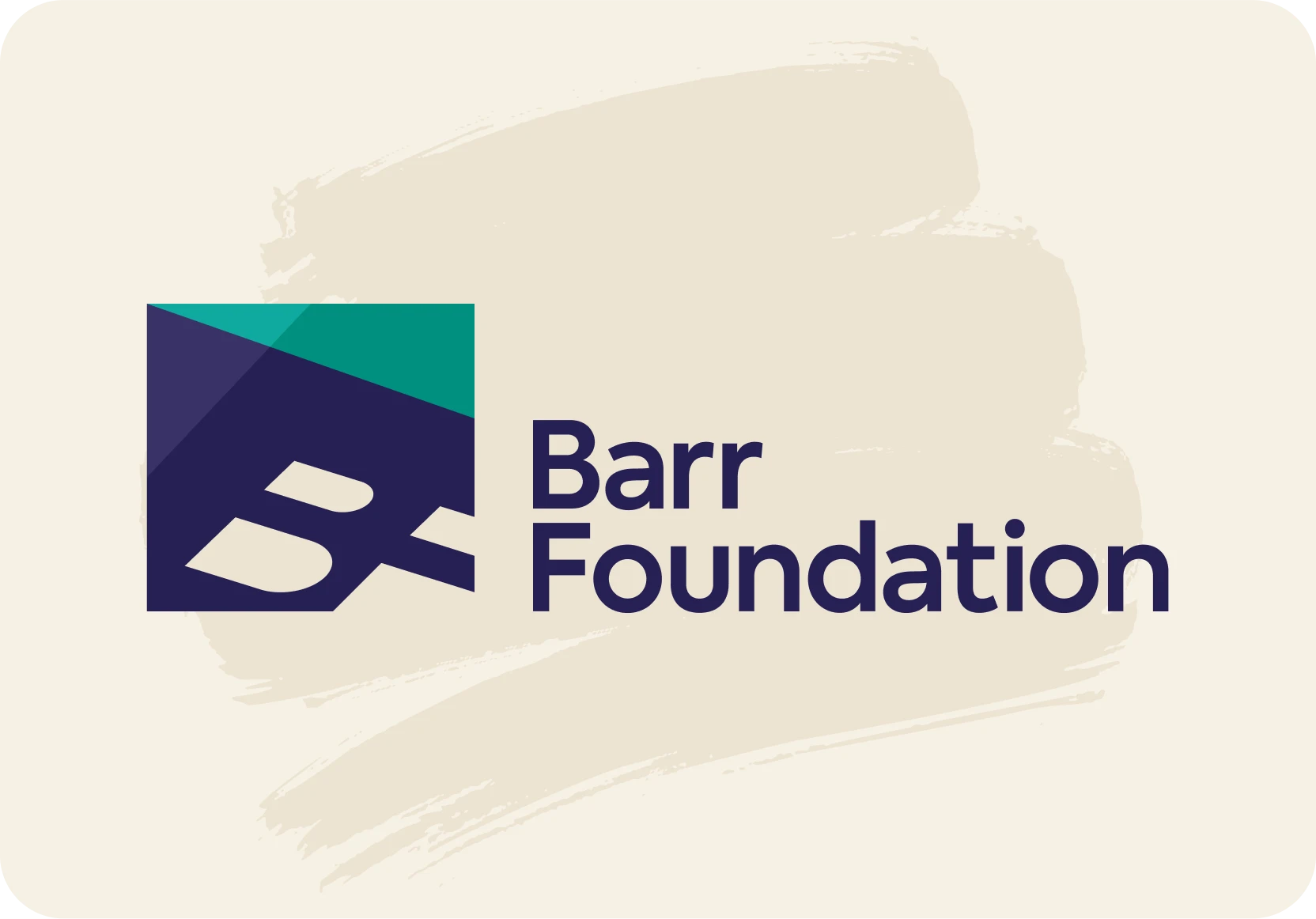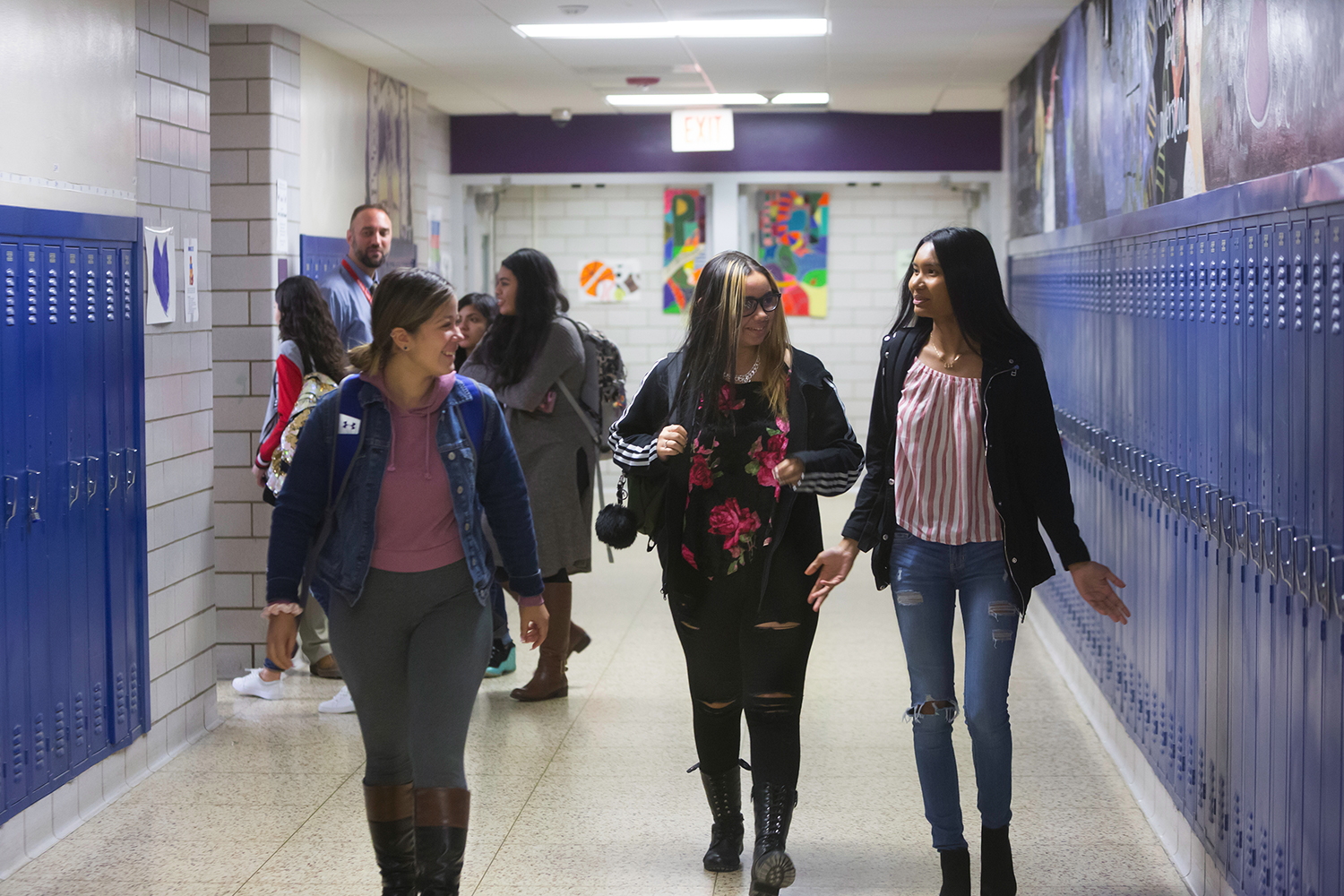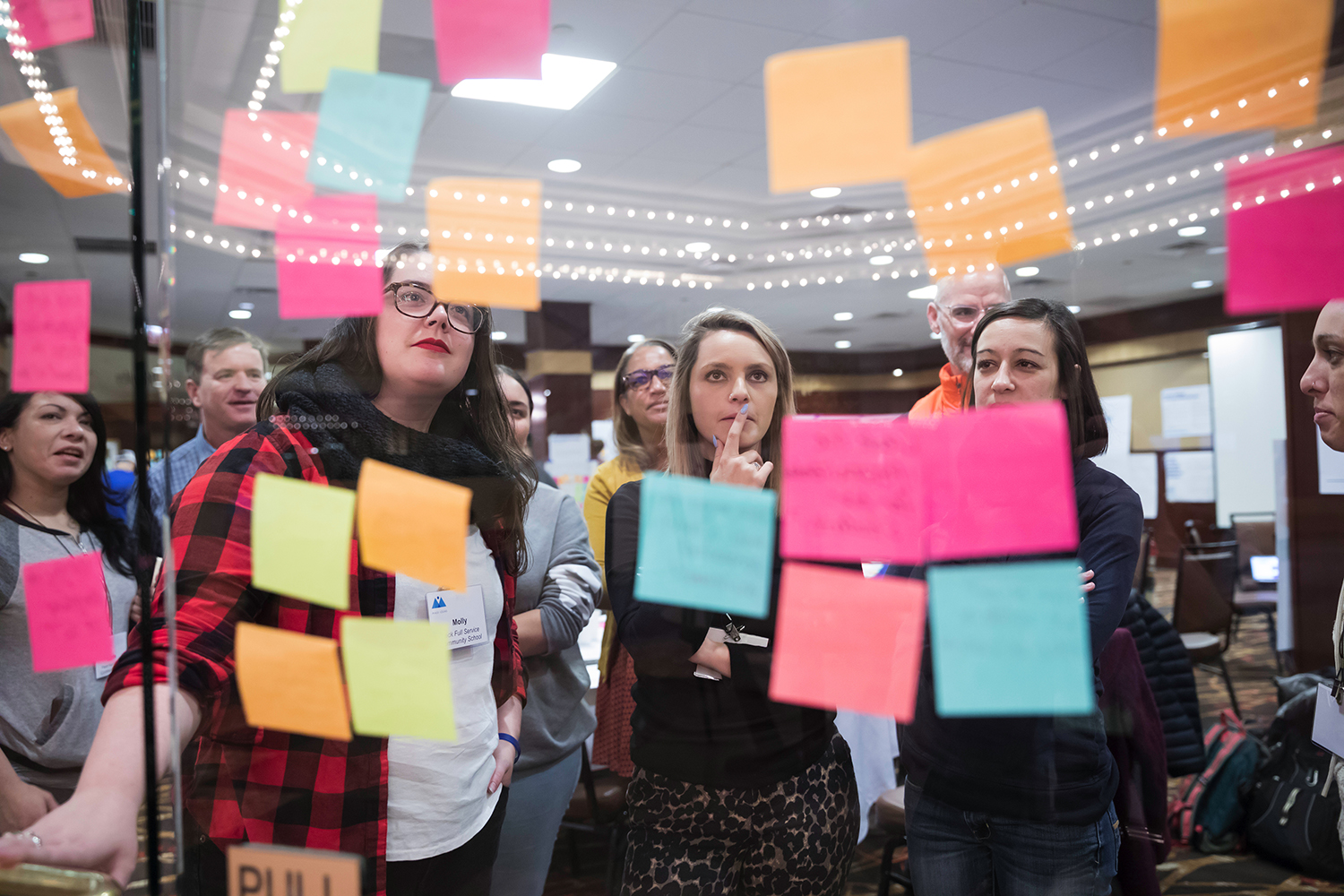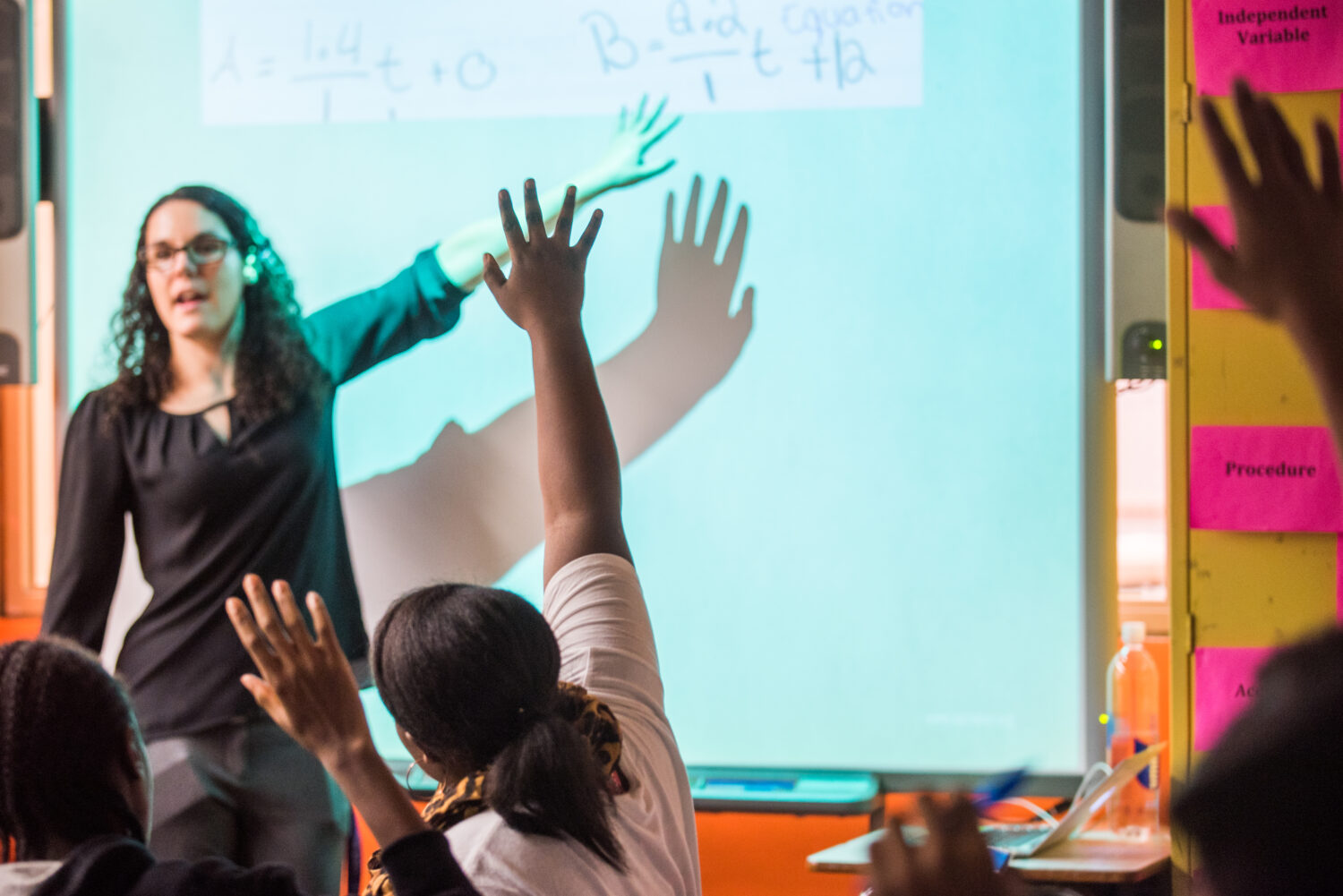In 2010, the City of Boston and Boston Public Schools teamed up with the City’s leading public charities and foundations – including Barr – to try answering that question. What emerged was the Boston Opportunity Agenda (BOA) – a partnership committed to “to strengthening the comprehensive education pipeline that spans early childhood care and education through post-secondary achievement—with the ultimate goal of making Boston a place where upward mobility occurs for large numbers of people now living in poverty.“ This was by no means the first time a group of funders and city leaders lent their voices to a common vision of education as the pathway out of poverty. But it is the first time – at least in Boston – that this kind of partnership agreed on a set of indicators for what success looks like, and pledged to stay focused on data and accountable to the community. To make good on that pledge, BOA released its first annual report card this September.
The report was released at the Blackstone Elementary School. At the event, funders of BOA’s major initiatives talked about work and progress to date, and then introduced a beneficiary of those initiatives to describe them from their point of view.
I spoke about BOA’s work with Boston Public Schools and Boston After School and Beyond to re-imagine summer school as a place that blurs the lines between learning and fun. And I previewed some of the promising results from the first two years of the pilot. I closed by introducing sixth grader, Marcos Suares, who proved to be the event’s real show stopper (see video below).
Here are my remarks:
Rahn DorseyAt the Barr Foundation, our education program aims to help close education opportunity gaps in Boston so achievement is no longer predicted by demographics or address. We share the Opportunity Agenda vision for a K-12 system that gives families in every part of the city access to high-quality, full-day, year-round learning opportunities. Because for Boston to become the opportunity city, learning can’t be limited to 180-days-a-year.
Just look at the research.
After the last bell of the year, summer learning loss accounts for up to half of the achievement gap. That’s why the Opportunity Agenda team focused on K-12 started with summer school.
Now, when I say, “summer school” what images come to mind?
Do you imagine a joyful place? A learning place?
Not if your image is like mine – at least my old image.
I grew up in Detroit. My mom was a career educator in the Detroit Public Schools. I remember visiting her classrooms some summers. What I saw, sitting in the back of her class was students slouched in their chairs, students giving long sighs and rolling their eyes, students making it clear in any number of ways that they didn’t want to be there.
In that environment, it almost didn’t matter how dedicated, how talented my mom was. To ignite an interest in learning among those students, to put them back on an opportunity path, those kids needed more than academic remediation. They needed more than another dose of what hadn’t worked for them during the year.
That’s why we’ve been doing a complete rethink of summer school. At a time when school districts across the country have been slashing budgets for summer programming, we’ve been investing in new ways to match the best of what schools have to offer with some amazing community partners. So these past two summers, our kids have had experiences that blur the lines between academics and fun. Math and science came alive in places like the Boston Nature Center, Hale Reservation, and Thompson Island. Theater and business planning met writing and literacy at Sociedad Latina and the Tobin School. Summer employment met college prep at the Burke High School through partnerships with the Private Industry Council and Freedom House.
At an event in December, we will share the full results of an evaluation of this work. But I’ll give you the punch line today – this rethink of summer school is proving itself an antidote to summer learning loss. It’s delivering on indicators of academic progress and whole child development.
And this change is raising all kinds of ideas for how to rethink those 180 days of in-school time.
But don’t take it from me.
It is my pleasure to introduce you to Marcos Suares. Born and raised in Boston, Marcos lives in Mission Hill. This summer, he participated in summer school program with Sociedad Latina, held at Simmons College. He is now a 6th grader at the Maurice J. Tobin School.
Marcos?
And here’s Marcos Suares:
